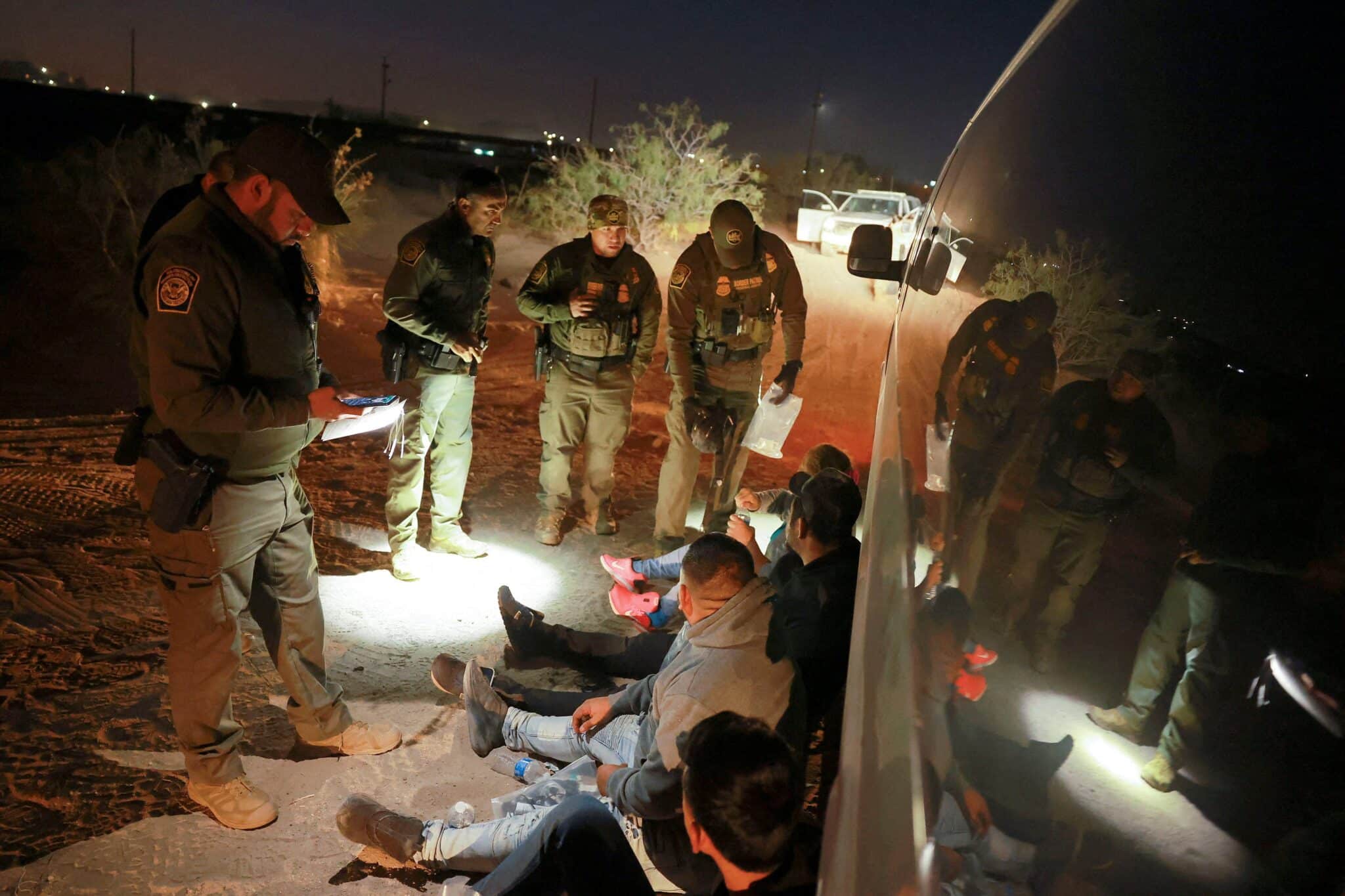When the apostle Paul, frustrated by a contentious and divided Corinthian church, attempted to describe the unity the church should embody he turned to the language of membership: “For just as the body is one and has many members, and all the members of the body, though many, are one body, so it is with Christ” (1 Corinthians 12:12).
It is in this idea of membership that the apostle was able to acknowledge difference and variety while at the same time maintaining unity. This unity is made not through the purity of identity, but in a kind of coherent relationality, a wholeness. It is in such a membership that our lives are made complete by being brought into communion with others.
Wendell Berry (much like Pope Francis) uses the language of membership to describe the wholeness that is embodied in a place. Rather than the term “resident,” which seems too passive, simply holding ground, or “citizen,” which is dependent on political identity, “membership” is a term that can include the whole of a place— its people, but also its animals and land, its history and future, its town and country. Membership is the name for the belonging we are a part of in the creation. It is in the membership that health and disease are held in common; where, as St. Paul puts it, “if one member suffers, all suffer together with it; if one member is honored, all rejoice together with it” (1 Corinthians 12:26).
The membership to this human family is a reality in which our fates are in common because our life is in common. To save one part, we must save all.
As Berry writes, “If we want to save the land, we must save the people who belong to the land. If we want to save the people, we must save the land the people belong to.” Our lives are entangled and bound up with each other—people and land and other creatures—so that they can only find their flourishing when the whole flourishes together. In fact, this connection of all things is at our very essence as creatures:
“From the point of view of Genesis 1 or the 104th Psalm, we would say that all are of one kind, one kinship, one nature, because all are creatures.”
In one of his most important essays on the subject, “Health Is Membership,” Berry explores what it means to be healthy. “To be healthy is literally to be whole,” he writes. Noting the word’s etymological connection to “holy,” he goes on to say that any proper healer should “respect the holiness embodied in all creatures, or that our healing involves the preservation in us of the spirit and the breath of God.” To be healthy is then to preserve our givenness and connection, to live into the proper balance of our dependence upon God and the creation of which we are a part.
To be a member then is to be a part of something God is doing in the world, a gathering together that comes through the incarnation. It is a making right through reconciliation.
With love and givenness as the conditions of our health, the fundamental realities of our being, it makes no sense to treat the health of person as an individual in isolation. For Berry it is “community—in the fullest sense: a place and all its creatures”—that is the smallest unit of health. This is why in the fiction story “Fidelity” Danny breaks his father Burley free from his isolation in the hospital and brings him home. In the hospital, Burley is diseased, disconnected from the membership in which he is healthy. When he is back at home, even though he dies, he dies in health because he does so being connected and in place.
In a similar vein, Berry reflects on the experience of his brother John undergoing bypass surgery after a heart attack. While thankful for the medical treatment his brother received, Berry is struck by the obstacles to care inherent in the hospital system. “In the hospital what I will call the world of love meets the world of efficiency,” Berry writes, “the world, that is, of specialization, machinery and abstract procedure.” The two worlds run parallel in place, like the city of God and man, but they are not aimed at the same ends—one is driven by the modes of analysis which divide, dissect, and separate while the other works in the modes of affection which link and join.
This work of love is rooted in the divine love, but it must live in the realities of mortality, the inescapable limits of “ignorance and partiality.”
“Like divine love, earthly love seeks plentitude; it longs for the full membership to be present and to be joined,” writes Berry. “Unlike divine love, earthly love does not have the power, the knowledge, or the will to achieve what it longs for.” Our mortal love always fails, it is always incomplete, yet guided in its desire to complete itself, it seeks to expand and include more and more in its membership.
This possibility of wholeness is the gift membership offers to us—a gift we cannot accept without it. So long as we refuse to join in the communion of the whole creation, we cannot hope to be anything but partial, damaged, and isolated. But when we link our lives to the membership we begin to join a wholeness that no one of us can even begin to comprehend or imagine.
To be a member of a place, we must be embodied and entangled in it, we must share and learn the lessons of the place. There is no general map for how this might happen. Each place will necessarily have its own way. But to begin, we must go, get “out of your car, off your horse,” and belong somewhere.








